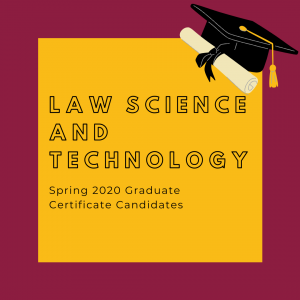Use of Video Games & Virtual Reality in Healthcare
The video game industry–a multibillion-dollar industry in the United States–has long been a cause of concern for many. However, in recent years, gaming has been used to improve health outcomes and transform how the healthcare field operates. The video game industry was estimated to be worth $159.3 billion in 2020 and is predicted to increase to $200 billion by 2023. There are more than 2.7 billion gamers worldwide, with the United States covering only 19% of the global gaming market share. More than just children are turning to video games as a way to pass the time or unwind after a long day of work. Today, video game players defy the traditional stereotype. Current research suggests that certain types of video games may increase physical activity and enhance cognitive skills. Many healthcare institutions across the United States are using gaming technology to help provide better patient care. In years prior,
















